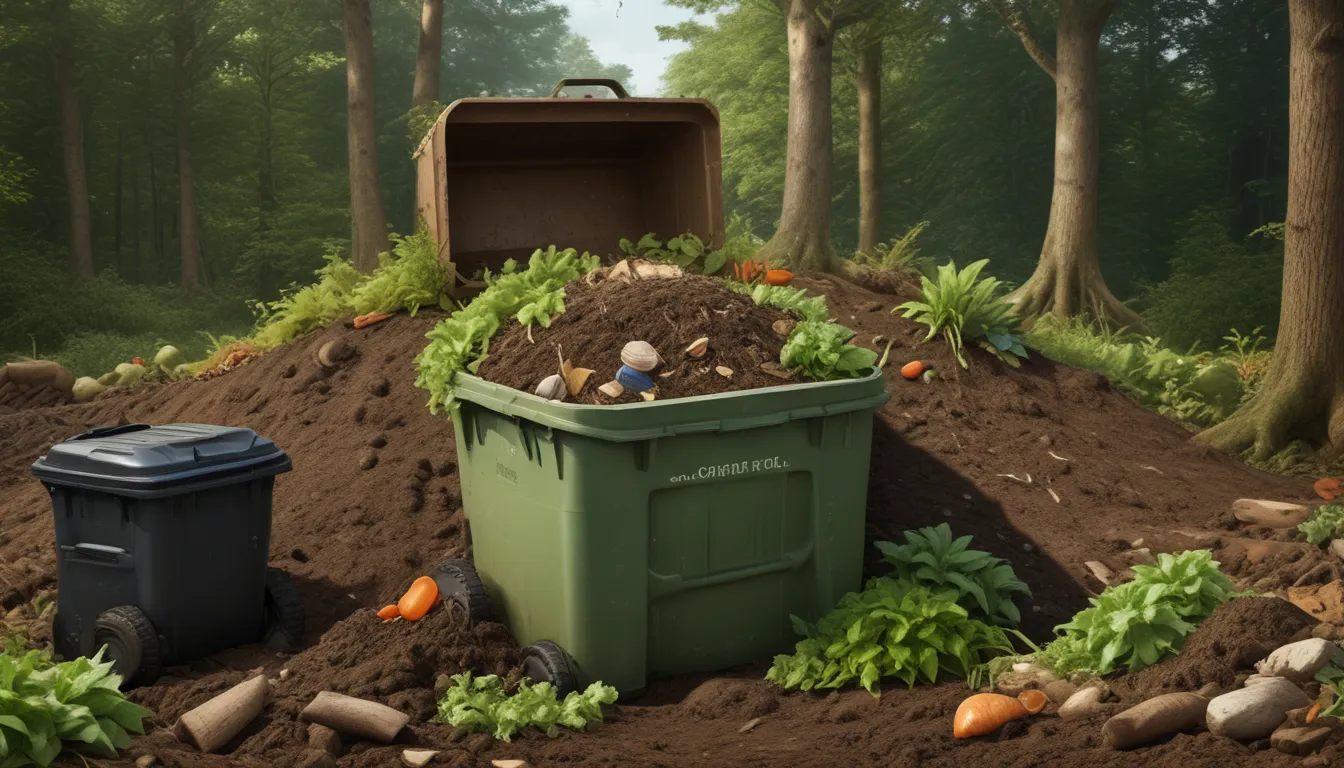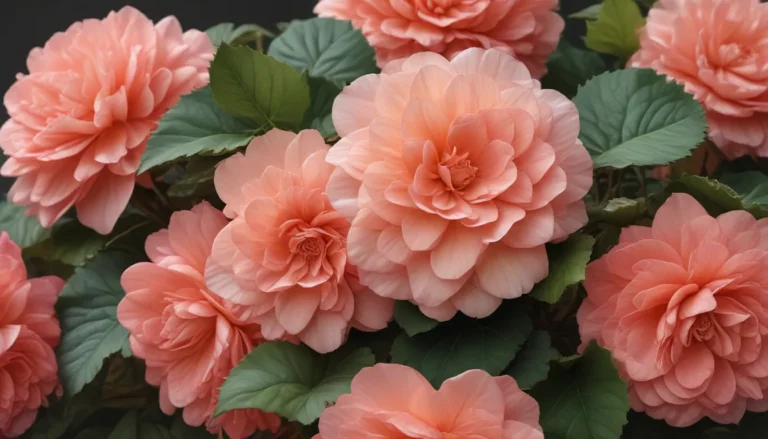The pictures we use in our articles might not show exactly what the words say. We choose these pictures to make you interested in reading more. The pictures work together with the words but don’t take their place. The words still tell you the important facts.
Composting is a magical process that transforms organic waste into nutrient-rich compost, benefiting both the environment and your garden. In this article, we will delve into the fascinating world of composting, exploring the benefits, methods, and creative uses of compost. Join us on this journey and discover the art of natural recycling that can enrich your soil and promote sustainable practices.
Unveiling Nature’s Recycling System
Composting is nature's way of recycling organic materials like food scraps, yard waste, and leaves into nutrient-rich soil amendments. By mimicking this natural process, we can create valuable compost that enhances soil fertility and promotes plant growth.
Embracing Sustainable Practices
Composting plays a vital role in reducing landfill waste and greenhouse gas emissions. By diverting organic waste from landfills, composting helps create a healthier environment and conserves valuable space. Embracing composting as a sustainable practice contributes to a greener, more eco-friendly world.
Unlocking the Benefits of Composting
The end product of composting, known as compost, is a dark, crumbly substance that improves soil structure and provides essential nutrients to plants. By enriching the soil with compost, you can promote healthy soil ecosystems, conserve water, and reduce the need for chemical fertilizers.
What Can and Can’t Be Composted
Many organic materials can be composted, including fruit and vegetable scraps, coffee grounds, tea bags, yard trimmings, leaves, eggshells, and shredded paper. However, it's essential to avoid composting meat, dairy products, oily foods, and pet waste, as they can attract pests and cause odor issues.
Achieving the Perfect Balance
The key to successful composting lies in achieving the right balance of carbon-rich (browns) and nitrogen-rich (greens) materials. A ratio of roughly 3:1 browns to greens is ideal for efficient decomposition and high-quality compost. By maintaining this balance, you can ensure that your compost pile remains healthy and productive.
Exploring Composting Methods
There are various composting methods to suit different needs and available space. From traditional backyard composting to vermicomposting with worms and composting in bins or tumblers, there is a method for everyone. Whether you have a sprawling garden or a compact balcony, you can find a composting technique that fits your lifestyle.
Cultivating a Healthy Compost Pile
Regular maintenance of your compost pile is crucial for its success. By turning or mixing the compost regularly, you can aerate it, speed up decomposition, and prevent odors. This practice also helps distribute moisture evenly throughout the pile, ensuring that all materials break down efficiently.
Composting in Small Spaces and Apartments
Even if you have limited outdoor space, you can still participate in composting. Compact methods like vermicomposting with a worm bin or Bokashi composting, which uses microbes to ferment organic waste, are perfect for apartment dwellers. Additionally, countertop compost bins can facilitate the decomposition of food scraps in small living spaces.
Troubleshooting Common Composting Issues
Composting may sometimes pose challenges such as odor, pests, and slow decomposition. To address these issues, adjusting the carbon-to-nitrogen ratio, turning the pile regularly, and maintaining proper moisture levels are essential. By troubleshooting these common problems, you can ensure that your compost pile remains healthy and productive.
Unleashing the Magic of Compost
Compost can be used in a variety of creative ways beyond traditional gardening. From potting soil to mulching, top-dressing lawns, and creating nutrient-rich tea for houseplants, the possibilities are endless. Compost is a versatile resource that can enhance the growth and vitality of plants in various settings.
Spreading Composting Practices Worldwide
Composting practices vary globally, with countries like Sweden leading the way in large-scale composting and innovative techniques like biogas production from organic waste. Composting extends beyond individual gardens and can benefit urban farming, community projects, school initiatives, and sustainable agriculture practices.
Educating Future Generations
Teaching children about composting fosters environmental stewardship and encourages sustainable practices from a young age. By instilling an appreciation for the art of natural recycling, we empower future generations to embrace eco-friendly habits and protect the planet.
Join the Composting Movement
By embracing composting, you contribute to the reduction of waste, enrich the soil, and promote sustainable practices that benefit both the environment and your garden. Start your composting journey today and witness the magic of turning organic waste into black gold.
Frequently Asked Questions
Can I compost in an apartment or a small space?
Yes, you can compost in an apartment or small space using methods like vermicomposting (with worms), Bokashi composting, or countertop compost bins designed for compact living.
What should not be composted?
Avoid composting meat, dairy products, oily foods, and pet waste, as they can attract pests and cause odor issues. Stick to plant-based materials like fruit and vegetable scraps, coffee grounds, and yard waste.
How long does composting take?
The time required for composting can vary depending on factors such as the composting method used, the materials used, and the environmental conditions. Generally, it can take several months to a year for compost to fully mature.
Can I compost paper and cardboard?
Yes, paper and cardboard can be composted. Shredded paper or cardboard serves as carbon-rich “brown” materials in the compost pile.
Can I use compost on indoor plants?
Yes, compost can be used on indoor plants. Mix compost with potting soil or create compost tea to provide nutrients to your houseplants.
Conclusion
The art of composting is a simple yet powerful way to contribute to a greener, more sustainable world. By harnessing the magic of compost, you can enrich the soil, promote healthy plant growth, and reduce waste. Join the composting movement today and become a steward of the environment. Together, we can make a difference, one compost pile at a time.






